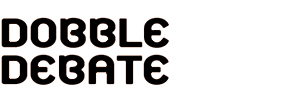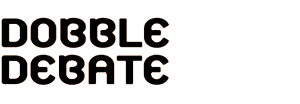Our History
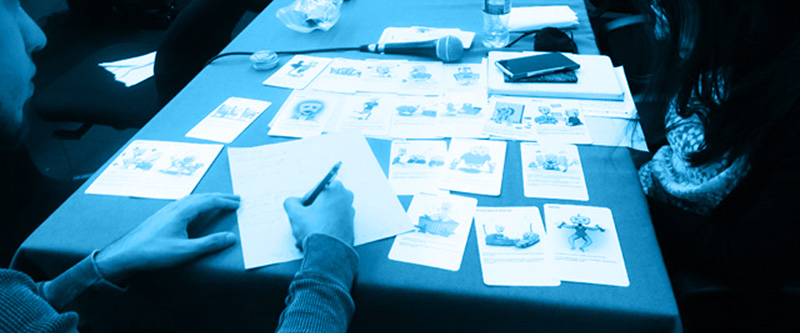
In the beginning
Lynn Hughes and Nina Czegledy conceived an analogue card game—later called the Different Abilities project—at the Technoculture Art and Games (TAG) lab, Hexagram, Concordia University, Montreal. The proposed a card game aimed at exploring ideas and issues related to various physical and mental abilities/disabilities. “Ability Jam” the first brainstorming event took place on May 2nd - 3rd, 2014 at Concordia University. Following thematically related presentations and a participatory discussion group participants preceded to prototype various games. The results of “Ability Jam” were so promising that a decision was made to further develop the idea. Concurrently, Lynn Hughes was invited to curate a games related exhibition and workshop the Different Abilities card game at Transitio_MX 06 in Mexico City.
January 2014
November 2014
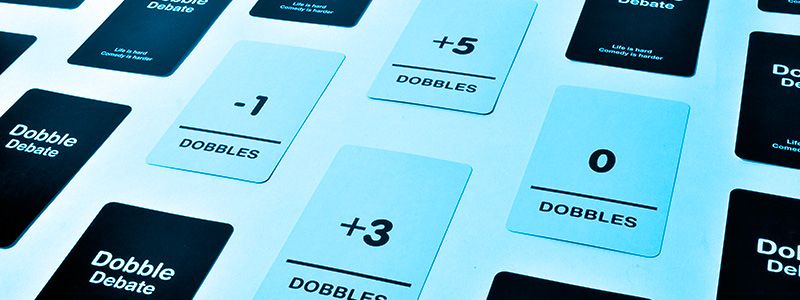
A tale of two cities
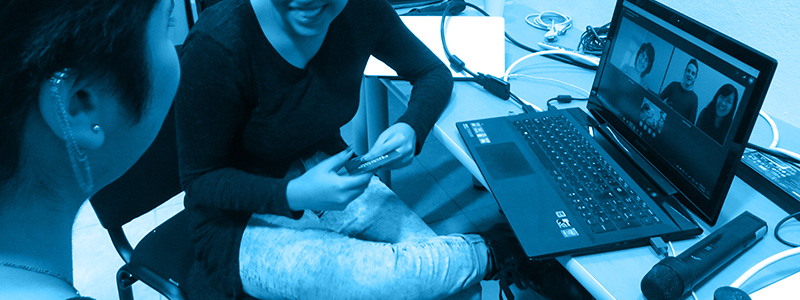
Going international
October 2015
June 2016
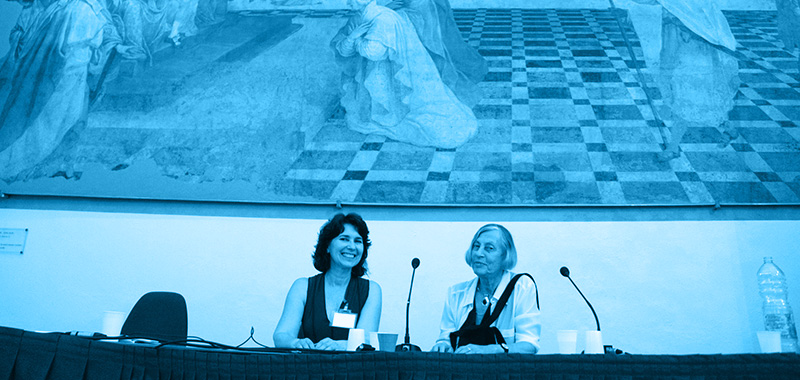
Further refinement
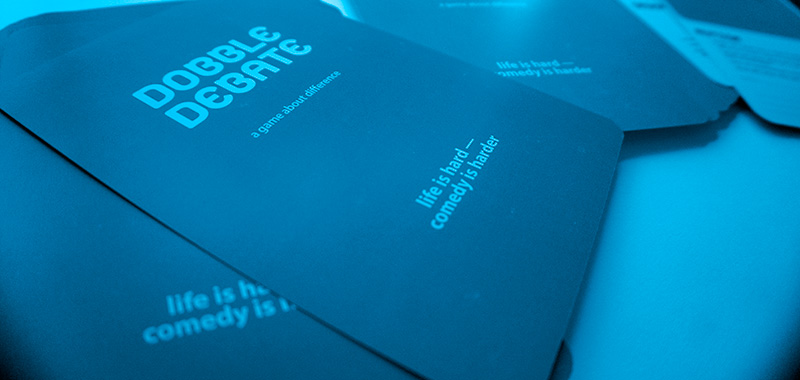
Co-creation opportunities
March 2018
August 2019
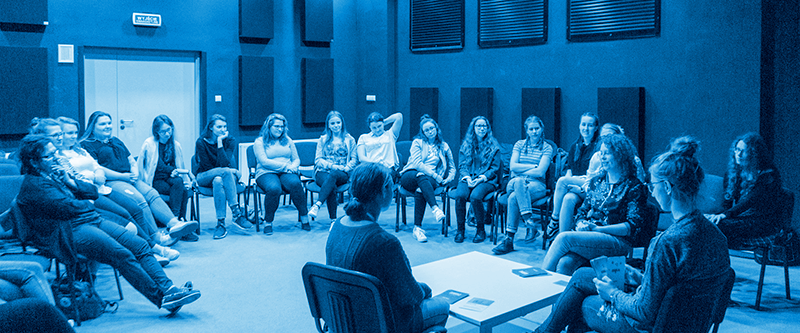
The next wave
Online resource
July 2021
Event Chronology
Workshop and Exhibition, OCAD University, Toronto, CA
September 25, 2015
Workshop and Presentation, Transitio_MX 06, Canart University, Mexico City, MX
October 1 & 2, 2015
Exhibit, OCAD U Continuing Studies Gallery, Toronto CA
November 18, 2015 - January 25, 2016
Presentation, Research Rendezvous, OCAD University, Toronto, CAanada
January 18, 2016
Presentation, ArtSci Salon/LASER Toronto, Toronto, CA
March 30, 2016
Panel Presentation, The 17th Annual Convention of the Media Ecology Association, University of Bologna, Bologna, IT
June 24, 2016
Workshop and Presentation, The Multimedia Cognition Art-Therapy International Conference, Guanajuato, MX
November 11, 2016
Workshop, ISEA2017, Manizales, CO
June 11, 2017
Workshop, University of Guanajuato, Salamanca Campus, MXMexico
December 14-16, 2017
Workshop, Student Night, The Power Plant Contemporary Art Gallery, Toronto, CA
September 20, 2018
SSHRC funded workshops, OCAD University, Ryerson University, Toronto, CA
July - October, 2018
Conference Presentation, Sound Integration Into a Game Structure. Festival Internacional de Música y Nuevas Tecnologías: Visiones Sonoras 2018, Centro Mexicano para la Música y Artes Sonoras (CMMAS), Morelia
September, 2018
Graphic Novel Workshop, University of Guanajuato, Guanajuato, MX
October 1, 2018
Conference Presentation, Serious Play. 6th international Computer Art Congress, University of Guanajuato, Guanajuato, MX
October, 2018
Workshop and Presentation, Disruptive Media Learning Lab, University of Conventry, Coventry, UK
May, 2019
Workshops and Presentations, Laznia Cultural Centre, Gdansk, PL
May, 2019
